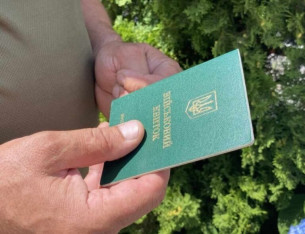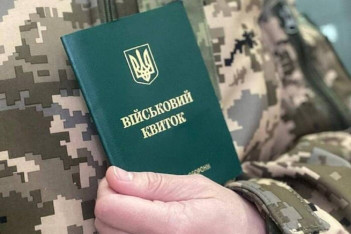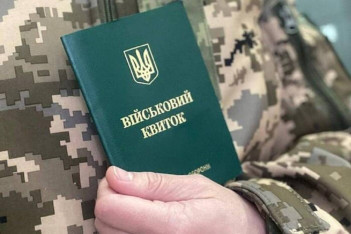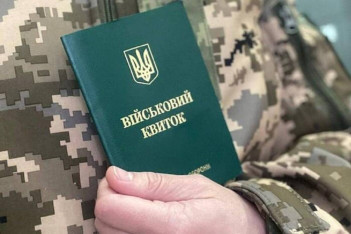Deferment from service in the army to Family Circumstances or Other Reasons: A Complex Legal Process Requiring a Detailed Understanding of Legislation
What is Discharge from the Armed Forces of Ukraine Due to Family Circumstances?
Discharge due to family circumstances involves the release of a servicemember from duty for objective reasons related to personal life, family, or health conditions. Ukrainian legislation defines the grounds on which servicemembers may qualify for such discharge. The most common reasons include:
- The need to care for family members.
- Deterioration of health (obtaining the appropriate certificate for deferment or discharge).
- Other significant family circumstances (e.g., the birth of a child, the death of a close relative).
Discharge for family circumstances in the Armed Forces of Ukraine is regulated by relevant legal acts, including the Law of Ukraine “On Military Duty and Military Service.” To obtain such discharge, a servicemember must submit a formal report detailing the reasons and attach supporting documents (certificates, official statements, etc.). The decision on discharge is made by the commanding authority after reviewing all the case circumstances.
Legal Aspects of Discharge
Servicemembers seeking discharge due to family circumstances are required to provide documents substantiating these circumstances. For example, deferment for caregiving or deferment due to health conditions. Key documents may include:
- Medical certificates regarding the health condition of the servicemember or their family members.
- Documents confirming the need for caregiving (e.g., a medical commission's conclusion about a relative's health condition).
- Birth or death certificates in cases related to such events.
The law also provides for the possibility of obtaining a deferment from military service or mobilization. The discharge or deferment process requires submitting a formal report to the commanding authority with a detailed description of the circumstances and attaching the necessary supporting documents. A critical stage is undergoing a medical commission if the reason involves health issues or obtaining a conclusion from social services regarding the need to care for relatives. Decisions are made on a case-by-case basis, taking into account all provided evidence and their compliance with legal requirements. In the event of a denial, the servicemember has the right to appeal the decision in court. Discharge due to family circumstances is carried out within the established timelines and procedures, ensuring the protection of servicemembers' rights.
How a Lawyer Assists in These Matters
- Consultation: A lawyer provides detailed explanations about the necessary documents for discharge or deferment and guides on how to properly submit requests to military authorities.
- Document Preparation Assistance: The lawyer helps draft the application, gather supporting documents, and verify their compliance with legal requirements.
- Issue a deferment: If the servicemember or their family qualifies for deferment due to health conditions or other circumstances, the lawyer assists in obtaining the required certificates and oversees their review process.
- Court Representation: In case of denial by the military enlistment office or other authorities, the lawyer files an appeal and represents the client's interests in court.
- Legal Support During Mobilization: Obtaining a deferment from mobilization can be challenging. The lawyer ensures legal guidance for the prompt resolution of such issues.
A lawyer can also represent the servicemember during negotiations with the command, helping to resolve the issue amicably. In cases where complex or rare documents need to be obtained, the lawyer facilitates their acquisition through requests to relevant institutions. Additionally, the specialist may audit the case to ensure all procedural requirements are met and avoid mistakes that could lead to denial. Legal support also includes preparing complaints to higher authorities if necessary for resolving the issue. Such assistance ensures the servicemember's rights are protected and allows them to focus on personal or family circumstances.
Question
Is it possible to be released from duty due to family circumstances?
Answer
A lawyer can help demonstrate the validity of the application and protect the client's interests in court if the military enlistment office's decision is deemed unfair.
Question
How to apply for a deferment from mobilization?
Answer
In the case of special circumstances, such as caring for a disabled relative, a lawyer can assist in preparing the application and the package of documents required for submission to the military enlistment office.
Deferment for health reasons. Includes the preparation of documents confirming temporary or permanent unfitness for military service.
Deferment for caregiving. Grants the right to a deferment due to the need to care for family members who cannot manage without external assistance.
Release due to family circumstances. Involves termination of service based on grounds provided by law.
Discharge from the Armed Forces due to family circumstances or applying for a deferment is a serious step that requires valid reasons and appropriate documentary evidence. Legal assistance is essential for successfully resolving such issues. By consulting a lawyer, you gain confidence in the correctness of your actions and guaranteed support at every stage. If you need help with discharge or obtaining a deferment, do not hesitate—reach out to an experienced lawyer who can protect your rights and interests.



































